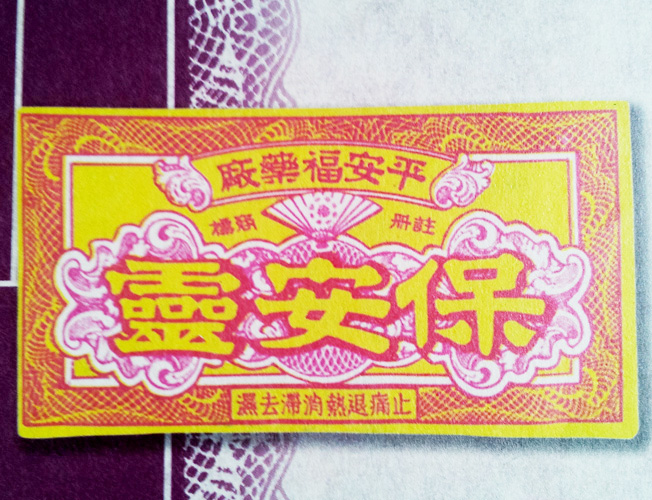Traditional Chinese Medicine (TCM) has long been controversial. While its strongest critics have accused it of being a pseudo-science that perpetuates animal cruelty (among other issues), the Chinese government has been a staunch supporter. That face-off has come to the fore once again in recent days after Chinese authorities put forward a new proposal that appeared to suggest that criticism of the broad range of practices that TCM encompasses should be made a crime.
Beijing’s Health Commission and Municipal Administration of Traditional Chinese Medicine (MATCM) released a series of draft regulations as part of a larger campaign to promote TCM and introduce certain standards across the industry. One particular passage, however, attracted concern.
It states that no one can “defame or slander TCM via any means or behavior.” Doing so would be considered a crime under “picking quarrels and stirring up trouble.” The backlash was swift.
“What are the standards for determining what constitutes defamation and slander? Because [the document] lacks these definitions, it will leave a huge amount of room for administrative interpretation,” said Wang Xixin, a law professor at Peking University, in an interview with Caixin Global.
Wang also explained that the regulation could discourage scrutiny of TCM under scientific norms, thus potentially limiting its development. Many netizens also opposed the clause.
Related:
 Watch: 5 Ways Traditional Medicine Impacts Modern Chinese LifeDangerous quackery to some, yet a natural part of culture to others – TCM remains deeply embedded in modern Chinese lifeArticle May 20, 2020
Watch: 5 Ways Traditional Medicine Impacts Modern Chinese LifeDangerous quackery to some, yet a natural part of culture to others – TCM remains deeply embedded in modern Chinese lifeArticle May 20, 2020
“The Health Commission has the power to define what a crime is?” one user on Weibo asked.
“Why can’t modern science test TCM? If TCM isn’t science, why is it being used to treat and heal people? I suggest we return this proposal to the Department of Religious Affairs” wrote another.
In response to the controversy, an official from the MATCM told the Beijing News that the public had misinterpreted the regulation. “‘Questioning’ and ‘slander’ are different concepts,” they explained. But it’s still unclear exactly how government authorities would differentiate the two. Authorities were also keen to clarify that the regulations were merely a proposal and that public feedback was welcome.
In 2017, China passed a national TCM law that recognized it as a central feature of the healthcare system and supported its growth.
China’s National Health Commission included TCM in its Covid-19 treatment plan. In Wuhan, a group of TCM experts was even placed in charge of a medical facility to treat patients.
Related:
 Does Traditional Chinese Medicine Have a Place in a Brand-New Epidemic?Without a vaccine for Covid-19, many in China – young and old – have turned to TCM remediesArticle Feb 17, 2020
Does Traditional Chinese Medicine Have a Place in a Brand-New Epidemic?Without a vaccine for Covid-19, many in China – young and old – have turned to TCM remediesArticle Feb 17, 2020
While TCM still plays a prominent part in modern Chinese life, it has also been linked to serious harm. Last year, 92 children in a Jiangxi province hospital suffered burns and other skin irritation from TCM.
Regardless, China’s support for TCM has caused its popularity to increase. In 2019, the World Health Organization included TCM practices in its International Statistical Classification of Diseases and Related Health Problems for the first time.
TCM is a health practice based on the flow of qi through the body’s meridian systems. It has its own set of treatment tools, like candles and stones. It’s been used in baby mega-spas, and even been explored as a potential solution to climate change.


















